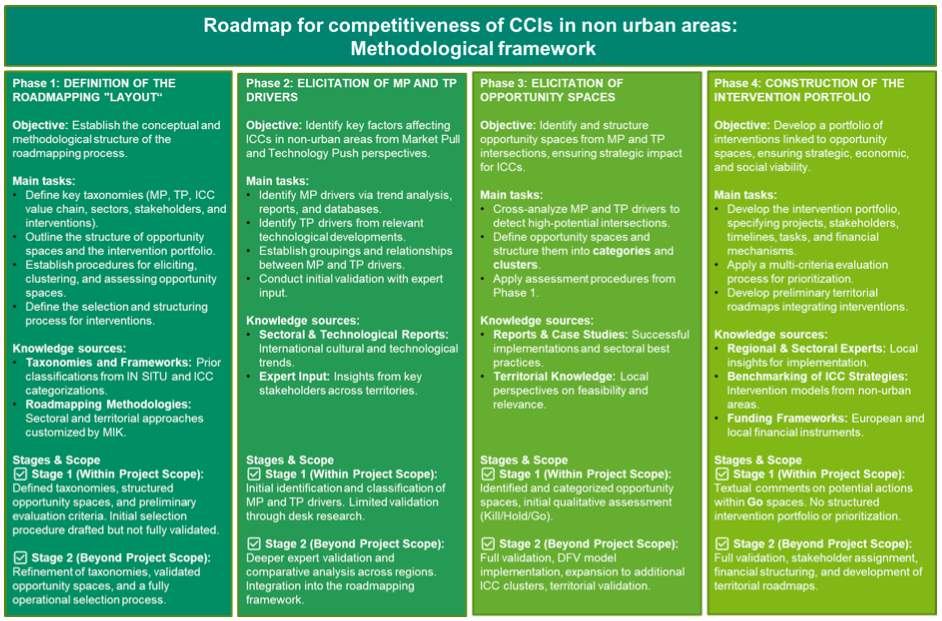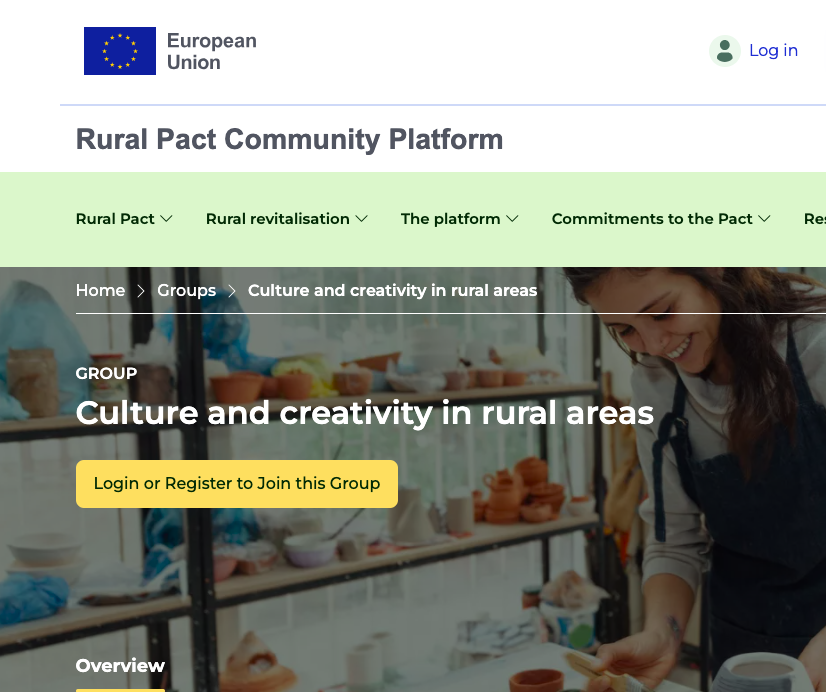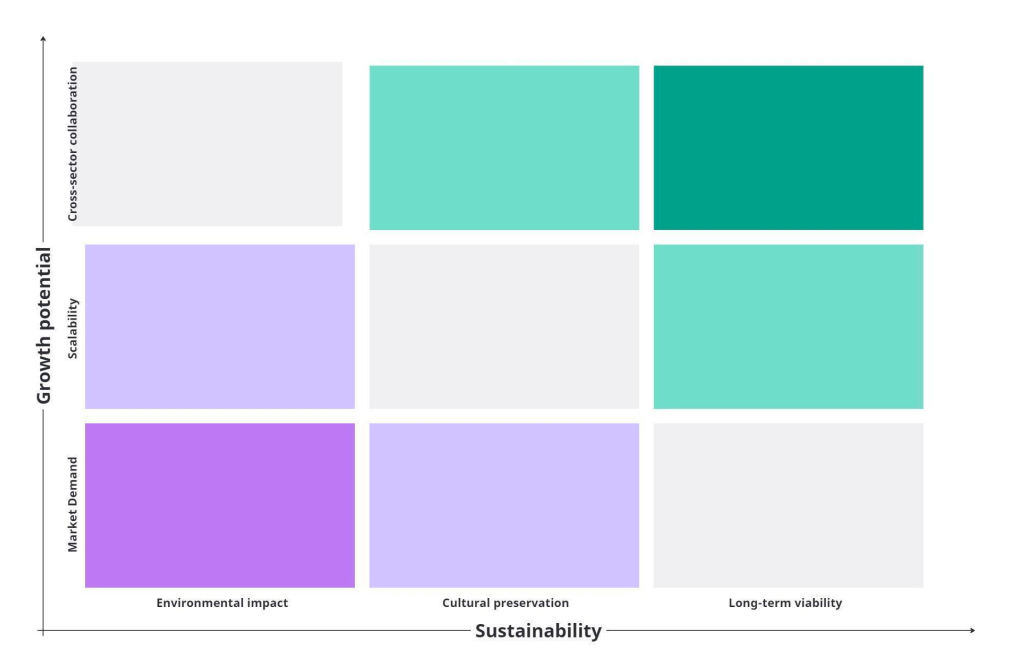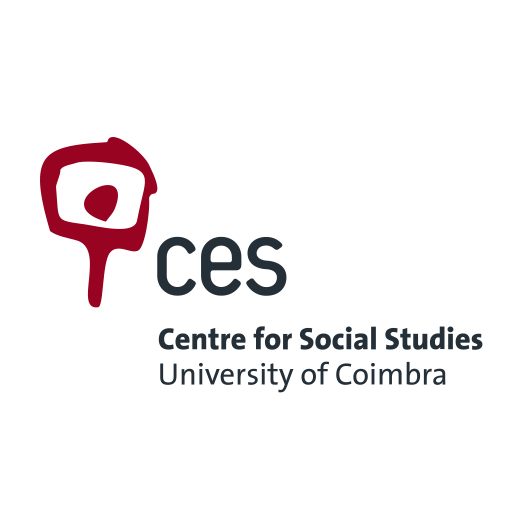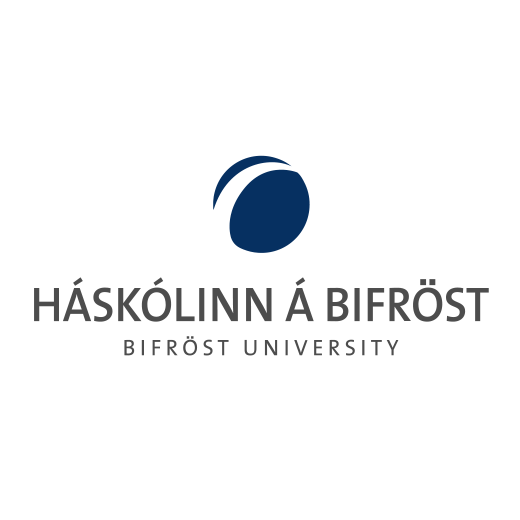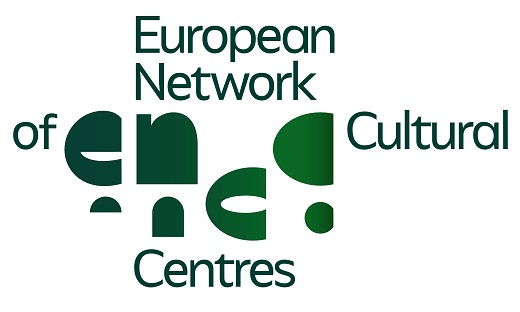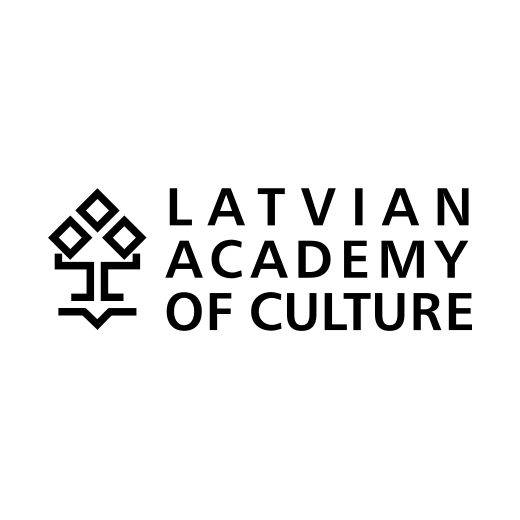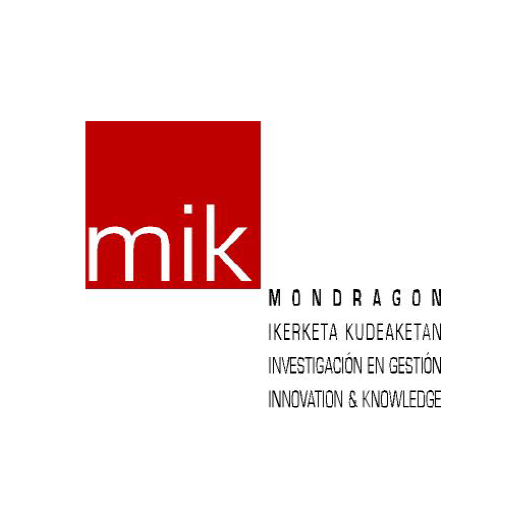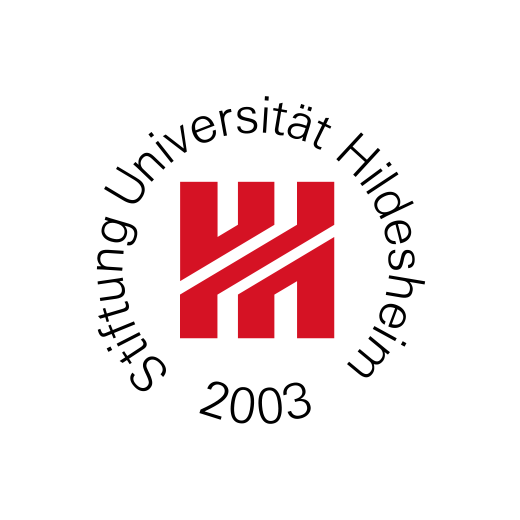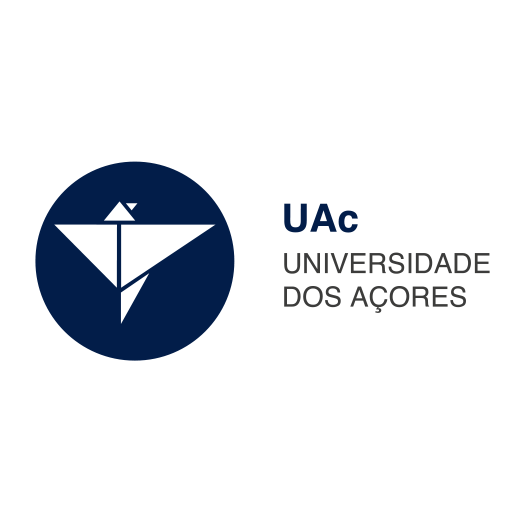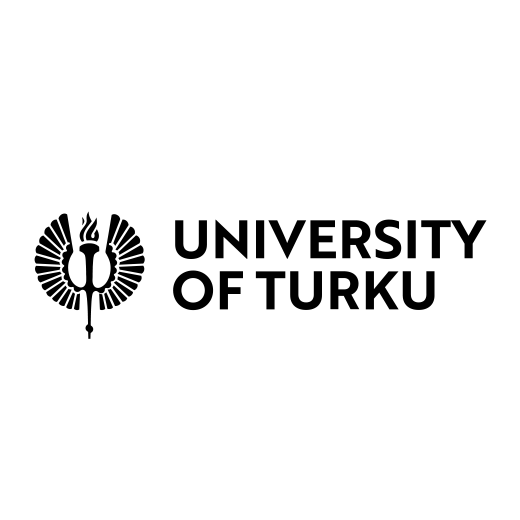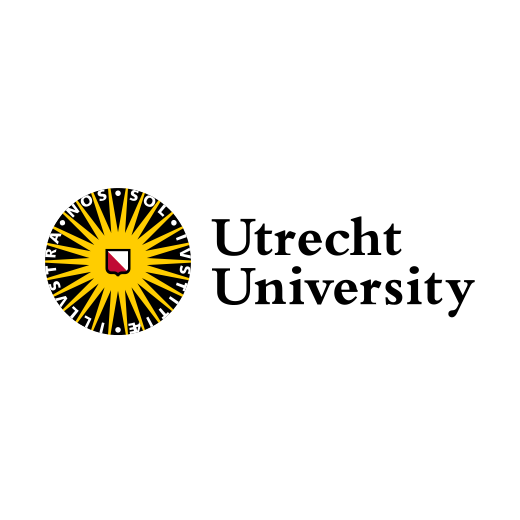The IN SITU report “New domains in CCIs in non-urban regions” (Deliverable 1.2), developed by the University of Utrecht and published by the project in October 2023, challenges the conventional wisdom on diversification opportunities in non-urban regions. Drawing on empirical studies spanning the last decade, the report uses Evolutionary Economic Geography to explore the relatedness between activities, emphasising the role of occupations and markets in shaping the future paths of regions.
Key findings derived from the report demonstrate that non-urban regions possess untapped diversification opportunities. In fact, non-urban regions exhibit a rich occupation network, showcasing the potential for cultural and creative workers to diversify into various activities. Cultural and Creative Occupations (CCOs) in these regions are surrounded by a diverse range of occupations, indicating high relatedness and significant diversification possibilities.
In particular, CCOs in non-urban regions have significant influence in the occupation network. In this sense, CCOs could play a pivotal role in driving diversification dynamics in these areas, thus presenting ample opportunities for growth and innovation.
Further, using an innovative approach to identify and evaluate trademarks related to cultural and creative activities, we discovered that trademark classes related to Cultural and Creative Industries (CCIs) act as crucial links connecting various branches of trademarks in general. In non-urban regions, CCI-related trademarks exhibit the potential to promote diversification along diverse paths, surpassing results found in urban regions.

Specific findings for the regions where IN SITU Labs are located show that CCOs across the six non-urban regions under analysis face varying situations. While some regions, like Šibenik-Knin in Croatia and Länsi-Suomi in Finland, show strong connections among CCOs and other occupations, other regions, like the Autonomous Region of the Azores in Portugal and the West Region in Iceland, exhibit lower trademark applications, indicating untapped potential for future diversification opportunities.
Following up this investigation, the report “Socioeconomic resilience and pathways for growth” (Deliverable 1.3), finalised in December 2023, explored the resilience of cultural and creative activities in the face of the COVID-19 pandemic and the pivotal role played by digital technologies and skills, particularly in non-urban regions.
Key findings reveal a noteworthy surge in digital trademarks, particularly in non-urban regions, indicating a shift towards digital goods and services during the pandemic. This underscores the adaptability and innovation stemming from regions with robust digital skills.
Another major finding emerges from the analysis of digital skills. Occupations with higher digital skills intensity demonstrated greater resilience to the COVID-19 shock. Regions with a higher concentration of digital skills experienced growth in employment, contrasting with regions with lower digital skills where employment contractions were more prevalent. This underscores the protective role of digital skills in enhancing regional resilience.
Using a sensitivity index, the analysis highlighted the positive influence of high and medium digital skill occupations on regional resilience. The presence of these skills, in fact, played a crucial role in mitigating the impact of the pandemic.

The investigations carried out in these two reports underscore the importance of identifying and supporting occupations and trademarks related to cultural and creative activities, encouraging local policy interventions to foster growth and innovation, especially in non-urban regions. The insights derived can inform policymakers and inspire further research, providing a valuable evolutionary perspective on navigating challenges in the creative and cultural sector.
An overview of the work performed within WP1 – Mapping the socioeconomic contributions and resilience of CCIs
The results presented above represent the culmination of the activities carried out during 2023 within Work Package 1 of the IN SITU Project, under the leadership of Utrecht University.
As a brief overview, the first report, “ Socioeconomic contributions and spillovers of CCIs in non-urban regions” (Deliverable 1.1), developed in May 2023, aimed to assess the socio-economic contribution of creative and cultural workers to innovation in non-urban regions. In Part 1 of the research presented in this report, we combined patents and trademarks as regional innovation metrics and explored the role of CCOs on innovation across urban, intermediate, and rural regions. In Part 2, we proposed to investigate the extent to which collective trademarks could be used as original and complementary metrics to other available economic and innovation indicators.
The second report, “New domains in CCIs in non-urban regions” (Deliverable 1.2) also reported on two pieces of research. In Part 1, the work was focused on identifying the occupations in which each European region is specialised, highlighting cultural and creative occupations. In Part 2, we shifted our focus from occupations to markets where cultural and creative products and services are offered. Both analyses allowed us to identify possibilities for consolidation and the emergence of new specialisations in cultural and creative activities – in terms of workers and markets – across non-urban regions in the European Union.
Finally, the third report, “Socioeconomic resilience and pathways for growth” (Deliverable 1.3) explored possible paths to recovery from the COVID-19 pandemic based on relatedness measures calculated for digital occupations and markets. We proposed an identification of the degree of digital skills of occupations and also the trademarks that are associated with digital technologies, and assessed whether occupations and trademarks that are more digital tend to better withstand the COVID-19 shock across urban and non-urban regions.
As an additional task, we complemented the analysis of each report, when possible, with a focus on the regions where the IN SITU Labs are located to provide a tailored analysis for each of the six IN SITU Lab regions, in the hope that these results can help cover the knowledge gap in this field and improve the quantitative monitoring of the opportunities and contributions of CCIs across non-urban regions in Europe.
For further information:
Nancy Duxbury – IN SITU Project Coordinator
Centre for Social Studies (CES) at the University of Coimbra, Portugal
Email: in-situ@ces.uc.pt
Tel: +351 239 855 570
Web: https://insituculture.eu
